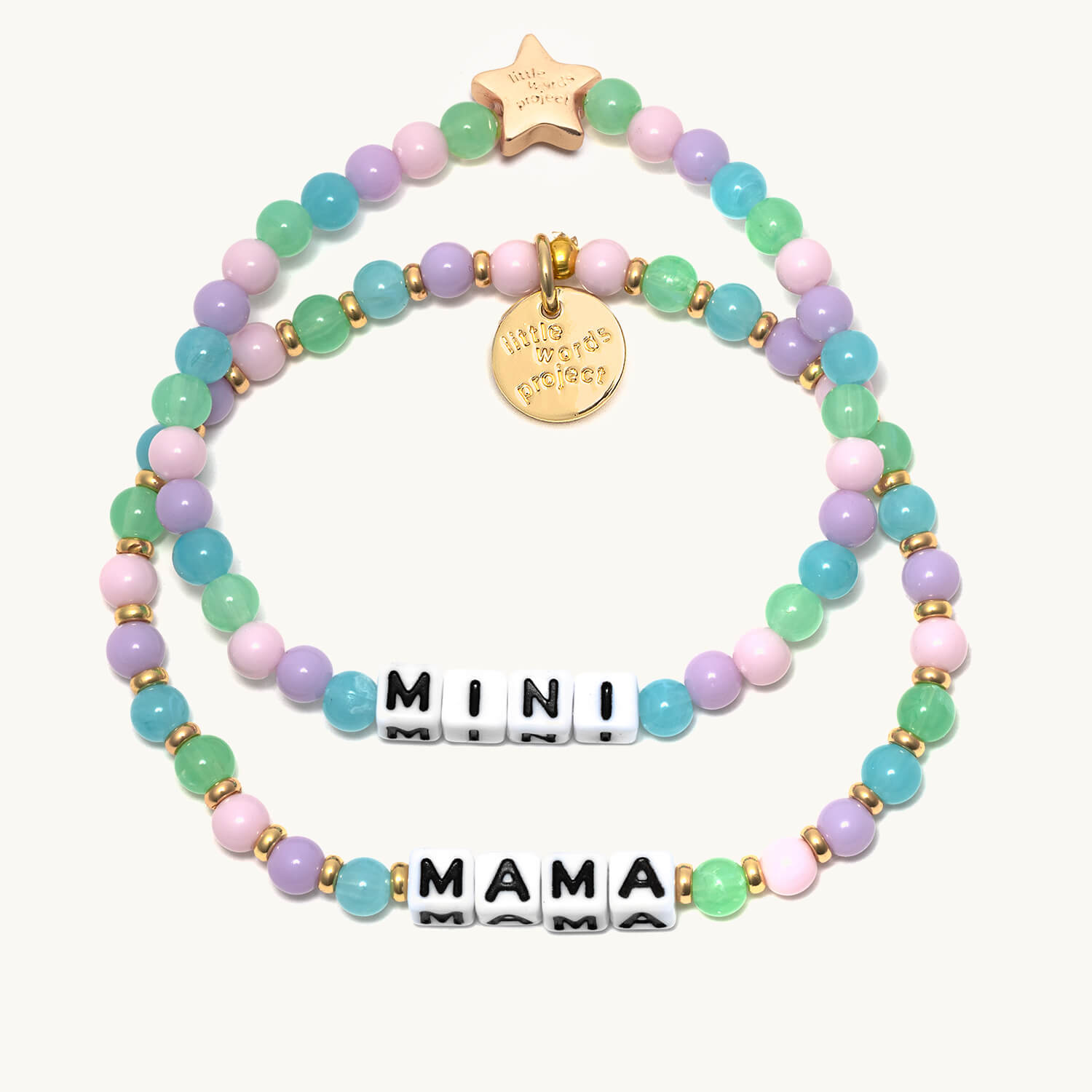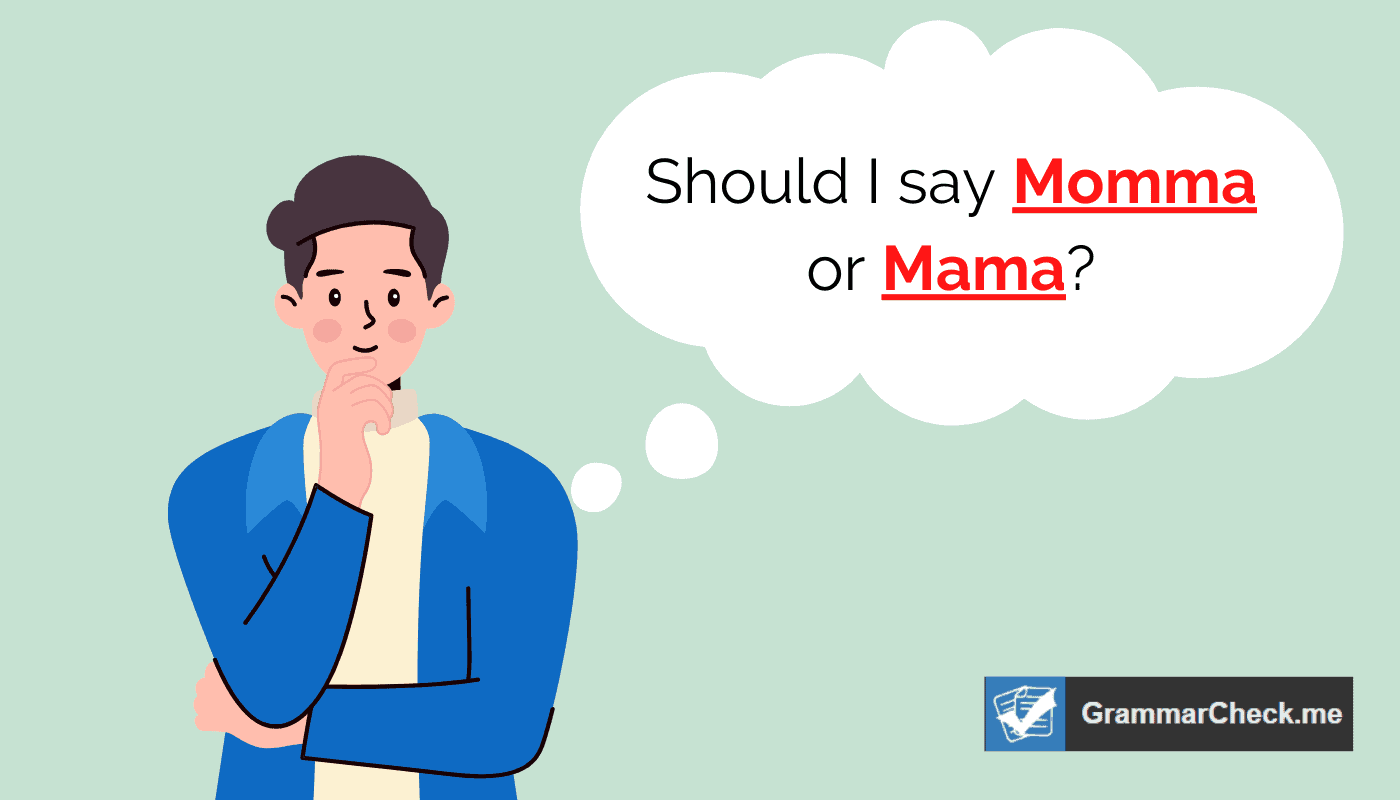📖 Article Content 📖
Table of Contents
- What's the Big Deal About "Play with Your Mama Not Me"?
- How Do Screens Impact Our Time to "Play with Your Mama Not Me"?
- Finding Balance for "Play with Your Mama Not Me" Moments
- Why Does a Child Say "Play with Your Mama Not Me"?
- Simple Ways to Encourage "Play with Your Mama Not Me"
- Is There a Right Way to "Play with Your Mama Not Me"?
- The Lasting Gift of "Play with Your Mama Not Me"
- Creating More "Play with Your Mama Not Me" Opportunities
There's this little phrase, isn't there, that sometimes pops up in homes, a gentle nudge from a tiny person: "Play with your mama not me." It's a line that, you know, might catch us off guard, a small whisper that carries a really big feeling. It speaks to something deep about presence and where our attention truly rests in the everyday rush. This isn't just about a child picking favorites; it's often a heartfelt request for connection, a longing for shared moments that feel completely real and unhurried.
That simple request, to "play with your mama not me," usually comes when a little one feels a bit overlooked, or maybe when a grown-up's focus is, well, somewhere else. It’s a call for that special kind of interaction, the sort that only happens when someone is truly there, giving their full self to the game, the story, or just the quiet company. It points to a need for that unique bond, the kind that grows from being completely present with each other, rather than just being in the same room. It’s a pretty clear signal, actually, that something important is being missed.
And, you know, in our present day, it’s so easy for our minds, and our hands, to get pulled in different directions. With all the ways we can get hold of things to watch or things to do on our gadgets, it's almost as if those little screens become another member of the family, always asking for a bit of our time. You can, for instance, just start up a program on your handheld device, and instantly, there's a whole universe of entertainment. This ready access, where you can simply pull up a program on your gadget, or just look for something new to enjoy, makes those little screens incredibly appealing, and sometimes, a bit too distracting from the living, breathing people right beside us.
- Bad Bunny Blonde Hair
- Kit Connor Smile
- Barack Obama Best Friend In College Michael
- Purple Perm Rod Results
- Dream Of Pregnancy Test With 2 Lines
What's the Big Deal About "Play with Your Mama Not Me"?
When a child expresses, "Play with your mama not me," it’s more than just a passing comment; it's a window into their world, truly. It often shows a desire for focused, one-on-one time, something that feels, you know, pretty precious in a busy household. Children, basically, thrive on attention. They learn about their worth and their place in the family from the way adults engage with them. So, when they ask for a parent to be fully present, it’s a sign they're feeling a bit of a gap in that connection, or maybe they just really want to share something special with that particular grown-up.
This phrase, in a way, highlights a common challenge many families face today: how to balance the demands of adult life with the deep, simple need for childhood play. It's not about blame, not at all, but more about noticing where our energy goes. When we're caught up in tasks, or perhaps just looking at information on a computer, it can be tough to shift gears and completely join in with a child's imaginative world. The child's request serves as a gentle, yet powerful, reminder of what matters most to them: that undivided, playful connection. It’s a very clear signal that they value shared moments above all else.
How Do Screens Impact Our Time to "Play with Your Mama Not Me"?
The presence of various digital tools, frankly, has changed how we spend our hours, and that includes family time. It's so easy to pick up a phone or a tablet, and suddenly, you're looking at all sorts of things. You can, for instance, get applications and games for your gadget using a certain program, or just find movies and shows to watch. This ease of access means our minds can drift, even when we're physically near our children. That instant access to content, where you just start up the program on your device and look for something to enjoy, can sometimes pull us away without us even realizing it, making it harder to truly "play with your mama not me."
- Is Lucy Pregnant In The Rookie Season 7
- Rat With Mustache
- Pressure On Lower Stomach Trick
- Blake Whitten Age
- Wrestling Mother And Son
When a grown-up is, say, looking at a screen, even for a moment, a child notices. They pick up on where our attention is directed. If our eyes are on a glowing rectangle, even if we're just checking something quickly, it can feel to a child like they're competing for our focus. This can lead to that heartfelt plea, "play with your mama not me," because they sense that the device has, in a way, captured a piece of the parent's presence. It’s a pretty subtle shift, but it has a big impact on how children perceive our availability for real, shared fun.
Finding Balance for "Play with Your Mama Not Me" Moments
Finding a good balance, you know, between our daily tasks and truly being there for our children is a big part of creating those special "play with your mama not me" moments. It's not about getting rid of screens entirely, because, let's be honest, that's not really how things work these days. It’s more about being thoughtful about when and how we use them. Maybe it means setting aside certain times of the day when all devices are put away, or making sure that when a child asks for attention, we try our best to put down whatever we're doing and respond.
One way to help is to simply be aware of our habits. Are we often picking up our devices without really thinking about it? Perhaps we could try to put our phones in another room during playtime, or make a rule that certain times, like meal times or before bed, are completely screen-free. This creates a clear signal, basically, that family time is important and that our presence is fully dedicated to those around us. It’s a bit of a challenge at first, but it makes a huge difference in how connected everyone feels.
Why Does a Child Say "Play with Your Mama Not Me"?
A child's words, you know, often carry so much meaning, even when they seem simple. When they say, "Play with your mama not me," it’s often a very direct expression of their feelings. They might be feeling a little left out, or perhaps they're just really craving that specific kind of interaction that only a parent can give. Children, you see, understand the difference between being in the same room and truly engaging with someone. They want that special connection, that feeling of being seen and heard completely.
Sometimes, it's also about the sheer fun of it. Children, basically, love to play. It's how they learn, how they express themselves, and how they connect with the world. If they see a parent engrossed in something else, like, for instance, managing their account preferences for a certain program or looking at past discussions in an online forum, they might feel that the parent is missing out on the joy, or that the parent isn't available for the fun. So, the phrase becomes a way to invite that parent back into their world of imagination and shared happiness, a clear call to "play with your mama not me."
Simple Ways to Encourage "Play with Your Mama Not Me"
Encouraging more "play with your mama not me" moments doesn't have to be, you know, complicated. Often, it's the little things that make the biggest difference. One simple approach is to get down on their level, literally. Sit on the floor, look them in the eye, and ask what they want to do. This shows them that you're ready to join their world. Another idea is to have a dedicated "play basket" or box filled with simple things that encourage interaction, like building blocks, art supplies, or dress-up clothes. This makes it easy to start playing without much fuss.
Another very effective way is to just put away your own devices when you're with them. If you're looking at something on your computer, like, for instance, searching for something to enjoy or managing your account settings, it's hard to be fully present. Try setting a timer for your own screen time, or simply leave your phone in another room during family activities. This creates a clear boundary and signals to your child that they have your full attention, making those "play with your mama not me" requests less likely to pop up. It’s about being truly available, basically, for the fun.
Is There a Right Way to "Play with Your Mama Not Me"?
When it comes to playing with children, you know, there isn't really one single "right" way. What matters most is the genuine connection and the shared joy. Some children might love building tall towers, while others prefer quiet story time. The "right" way to "play with your mama not me" is simply to follow your child's lead, more or less, and to be truly present in the activity, whatever it may be. It’s about listening to their ideas, asking questions, and letting your imagination join theirs, even if it feels a bit silly at first.
It’s also about understanding that play doesn't always have to be, like, a big, structured event. Sometimes, the most meaningful "play with your mama not me" moments happen spontaneously. A quick game of peek-a-boo while you're making dinner, a silly dance party in the living room, or even just sharing a quiet laugh over a picture book. These small, unplanned moments of connection are just as valuable, basically, as a long afternoon of organized play. The key is to be open to these opportunities and to grab them when they appear, showing your child that you are there for them.
The Lasting Gift of "Play with Your Mama Not Me"
The time we spend truly engaging with our children, those "play with your mama not me" moments, are, you know, a gift that keeps on giving. These interactions build strong emotional bonds and create memories that last a lifetime. Children who feel seen and heard, who have regular, focused time with their parents, often grow up with a stronger sense of self-worth and security. They learn that they are important, that their thoughts and feelings matter, and that their parents are a safe place to turn.
Beyond the immediate joy, these playful interactions also help children develop important skills. They learn how to communicate, how to share, how to solve problems, and how to understand emotions. When you're playing together, you're not just having fun; you're also teaching valuable life lessons in a way that feels natural and engaging. It’s pretty amazing, actually, how much learning can happen during a simple game or a shared moment of laughter. This is, essentially, the core of what "play with your mama not me" is all about.
Creating More "Play with Your Mama Not Me" Opportunities
To create more opportunities for "play with your mama not me" moments, it can be helpful to think about your daily routines. Where are there small gaps where you could insert a moment of focused connection? Maybe it's during breakfast, or while waiting for something, or even just before bed. These little pockets of time, you know, can become powerful opportunities for genuine interaction. You might, for example, choose to read a book together instead of letting them look at a screen, or just talk about their day without any other distractions around.
Also, remember that managing your digital devices can really help free up your attention. You can, for instance, get applications and games for your gadget using a certain program, or just find movies and shows to watch. But, it's helpful to remember that you can also handle your account preferences, clear your search history, or even get advice from people who know a lot about using these tools. Being in control of your device usage means you can intentionally choose to step away and give your full presence to your child, making those moments to "play with your mama not me" much more common and much more meaningful. It’s about making a conscious choice, basically, to be fully there.
The phrase "play with your mama not me" really is a gentle nudge, isn't it, to remember the value of being truly present with our children. It's about recognizing that in a world full of digital distractions, the most precious gift we can offer is our undivided attention. These moments of shared play and connection build strong bonds, foster development, and create lasting memories. It’s a call to prioritize those simple, yet deeply meaningful, interactions that truly enrich family life.



